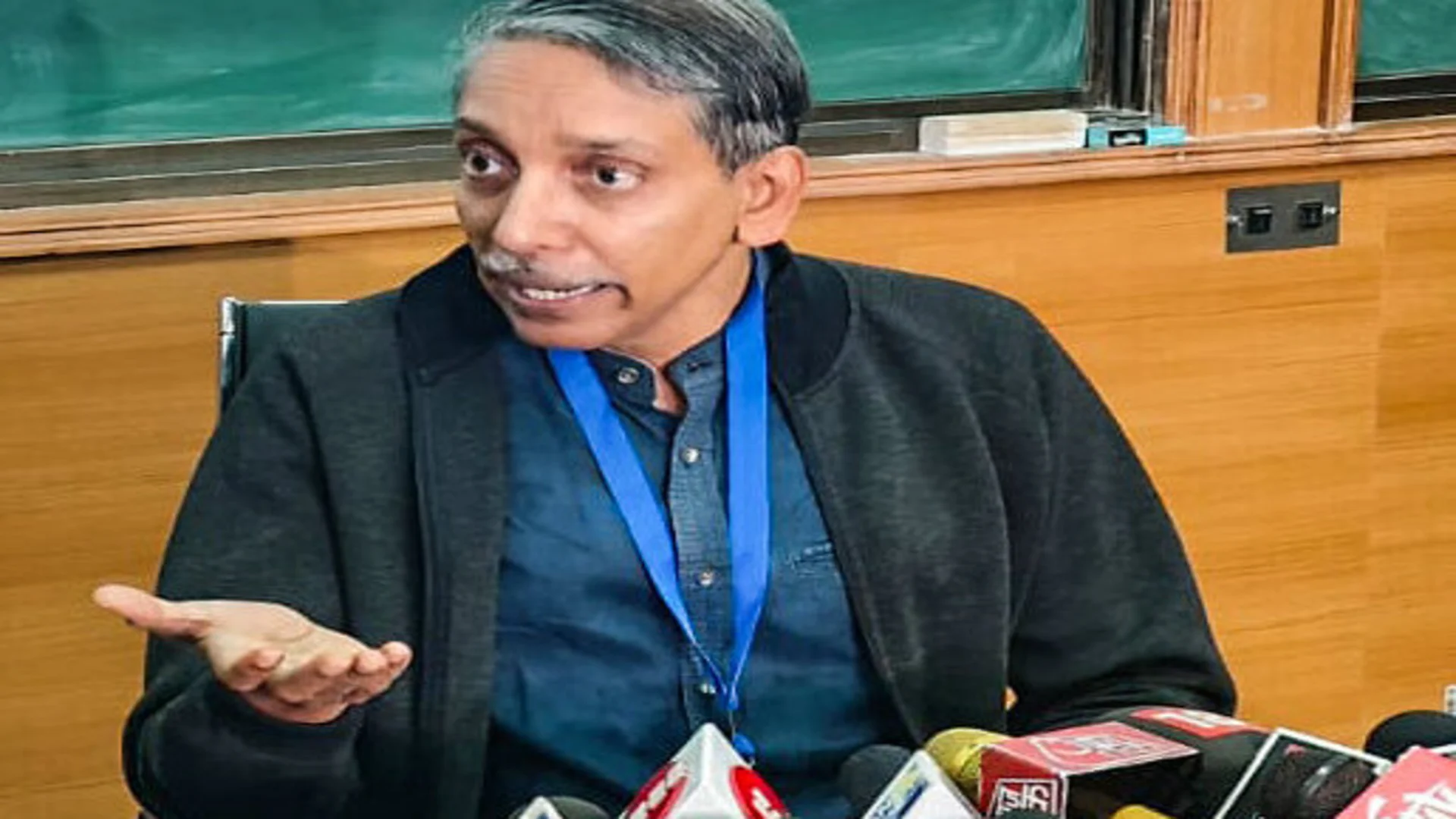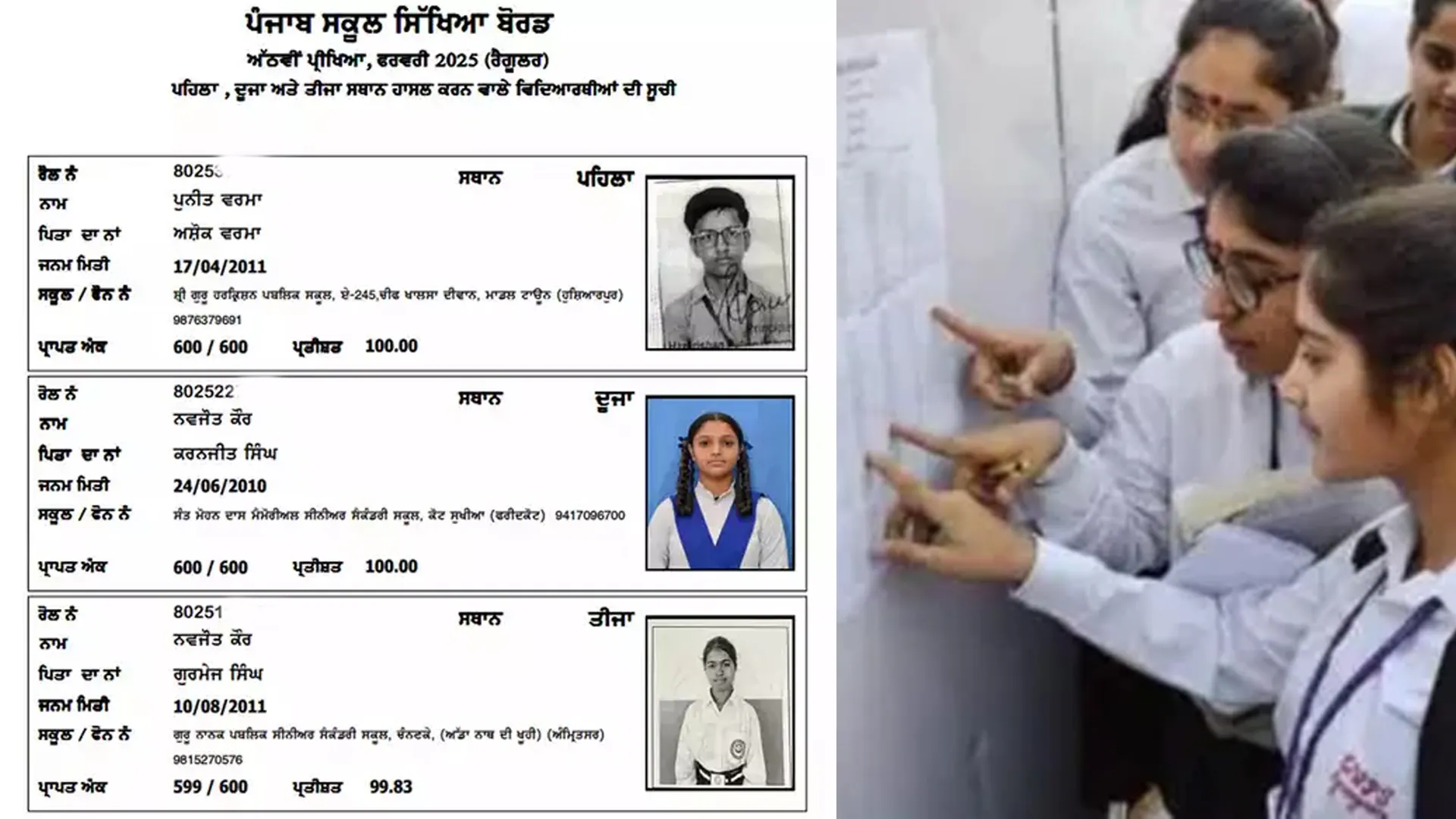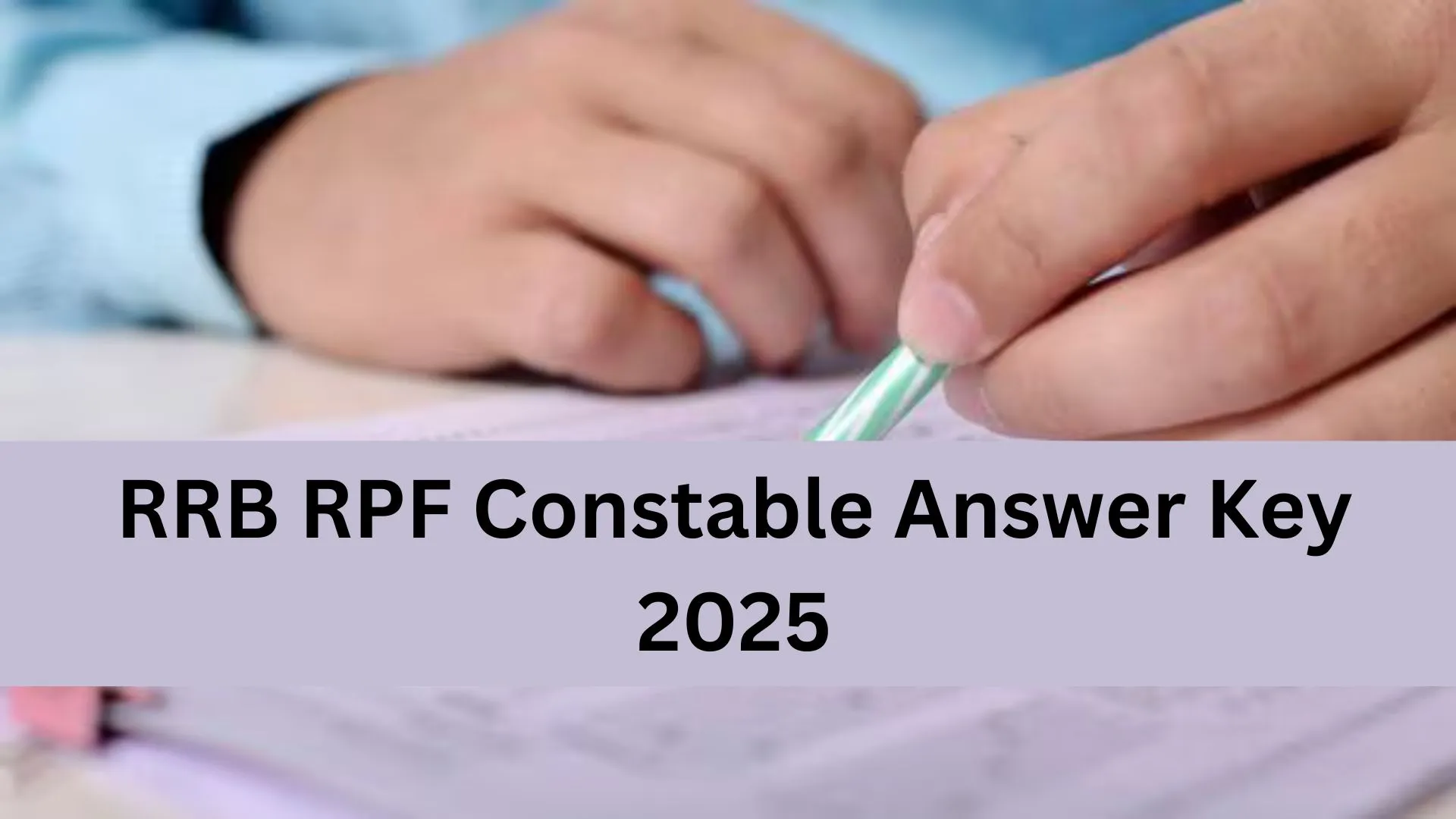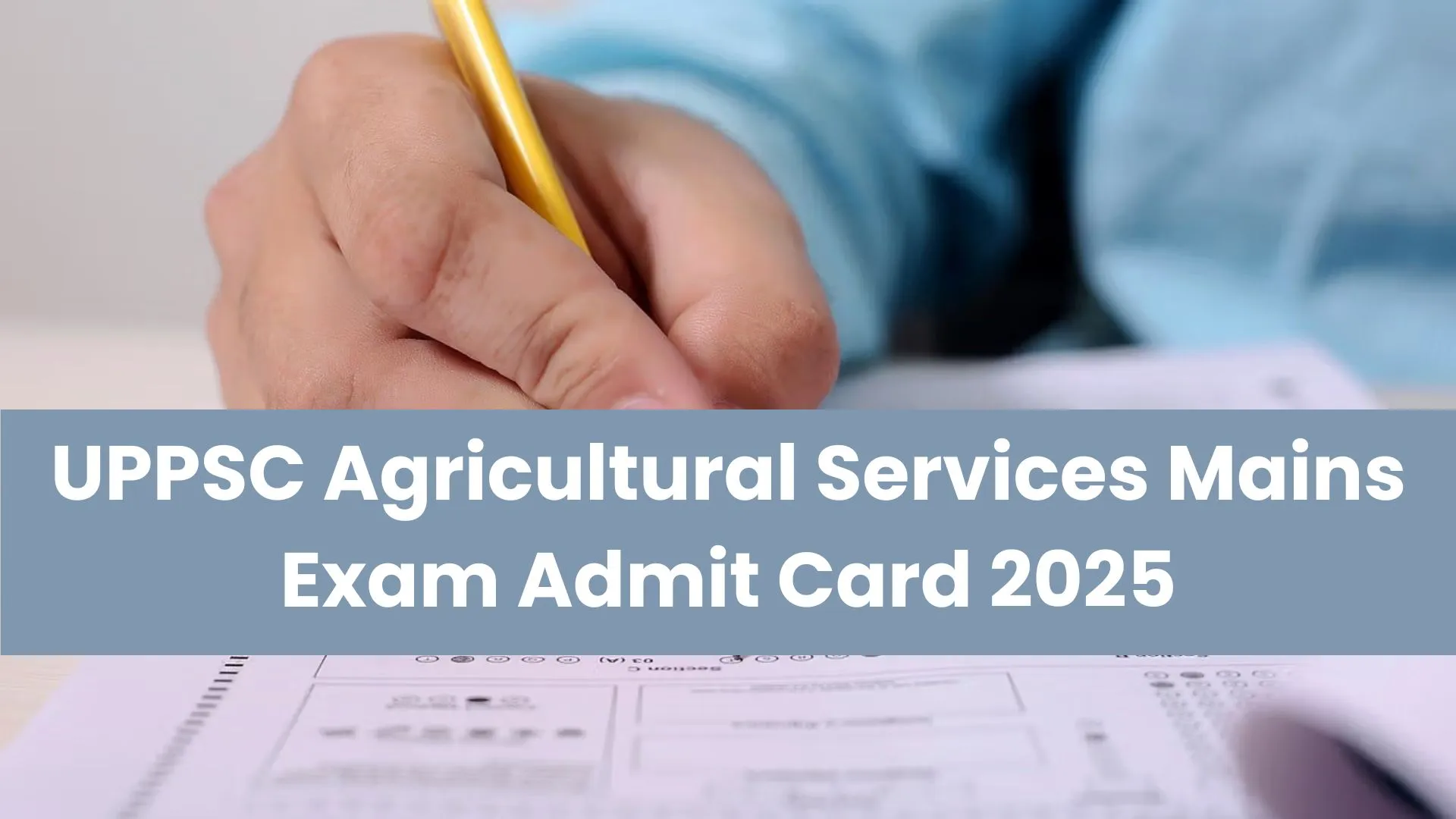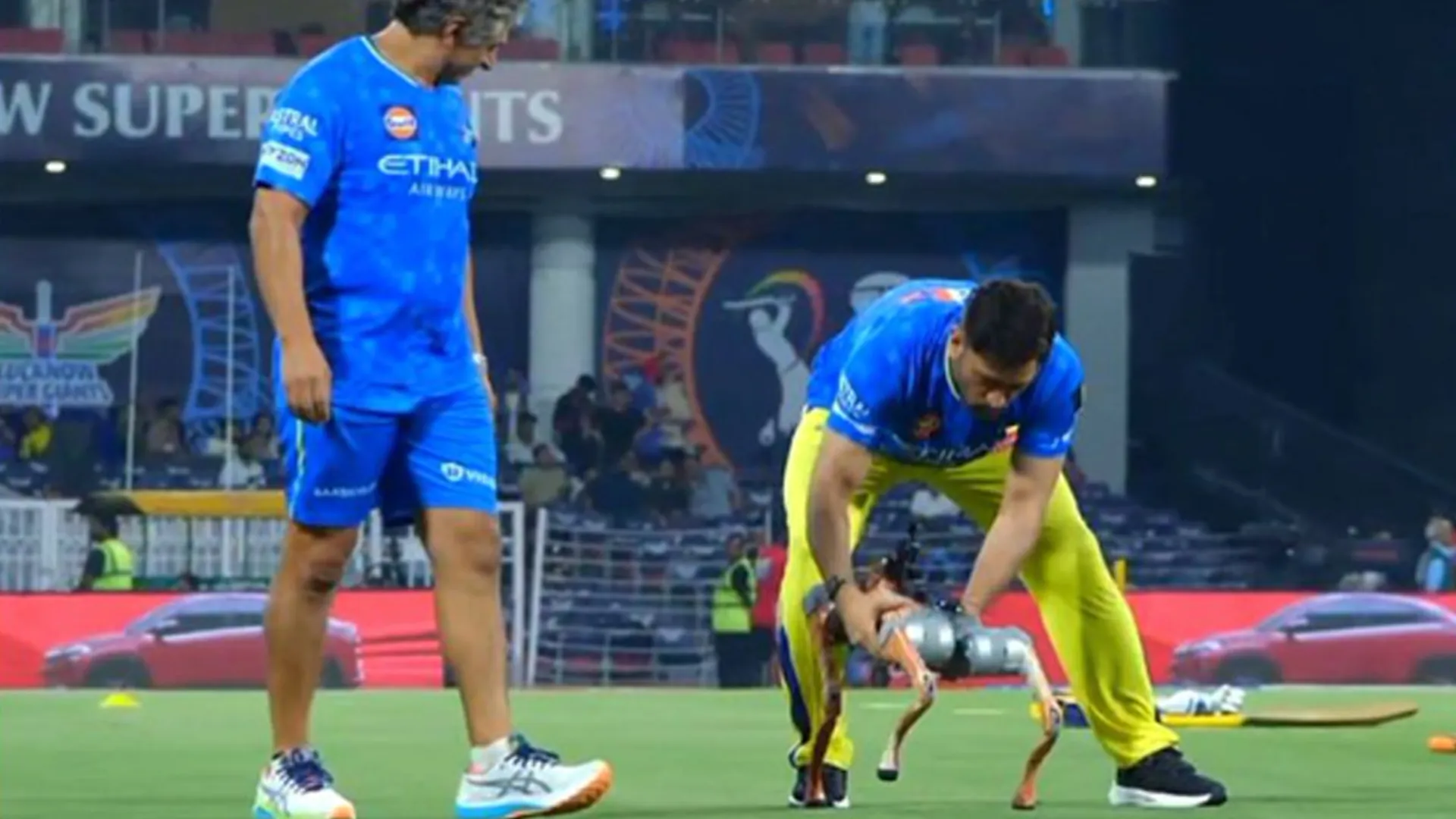The University Grants Commission (UGC) is poised to unveil a draft proposal outlining revised guidelines for the Common University Entrance Test for Undergraduate (CUET-UG) and Postgraduate (CUET-PG) programs for the 2025 academic year. This initiative seeks feedback from students, parents, educators, and academic institutions to enhance the examination process.
UGC Chairman M. Jagadesh Kumar announced that an expert committee was formed to assess various facets of the CUET exams, including structure, number of papers, duration, syllabus alignment, and operational logistics. The committee convened on November 13 to deliberate on these aspects. Based on their recommendations, the UGC plans significant modifications to improve the efficacy and efficiency of CUET for the upcoming academic year.
Introduced in 2022, CUET aims to standardize the admission process across universities, providing a level playing field for students from diverse educational backgrounds. In the previous year, 283 universities adopted CUET, with 1,347,820 registered candidates. The system has streamlined admissions, reduced dependence on varying cut-offs, and enhanced transparency through technology-driven processes.
Emphasizing the importance of continuous improvement, Kumar stated, “Based on feedback from past years, it is essential to continuously improve the examination process to provide a better, more efficient and conducive environment for students taking CUET.”
On December 5, the UGC released draft regulations introducing reforms such as biannual admissions, multiple entry and exit options, and eligibility for admission into any discipline at the UG or PG level, regardless of prior studies. Additionally, to earn an undergraduate degree with a major in a specific discipline, students must complete at least 50% of total credits in that field. The commission has invited feedback on these draft regulations by December 23.
In parallel, the UGC is finalizing guidelines on the Recognition of Prior Learning (RPL), aligning with the National Education Policy (NEP) 2020. RPL acknowledges skills and competencies acquired through informal or experiential learning, enabling individuals to gain formal recognition, access higher education, and enhance employability. The National Credit Framework (NCrF) supports RPL by facilitating the creditization of all learning forms—academic, vocational, and experiential.
Kumar highlighted the significance of RPL, stating, “We must address the challenges faced by India’s large informal workforce, which requires formal education and career progression opportunities.” He added that the guidelines emphasize robust governance, quality assurance, and collaboration among policymakers, educational institutions, employers, and assessment bodies to ensure fairness, consistency, and inclusivity in implementing RPL.
Also read: Passenger Tries to Hijack Volaris Flight, Caught on Camera | WATCH
These initiatives reflect the UGC’s commitment to fostering a holistic and equitable education system, in line with NEP 2020’s objectives.

